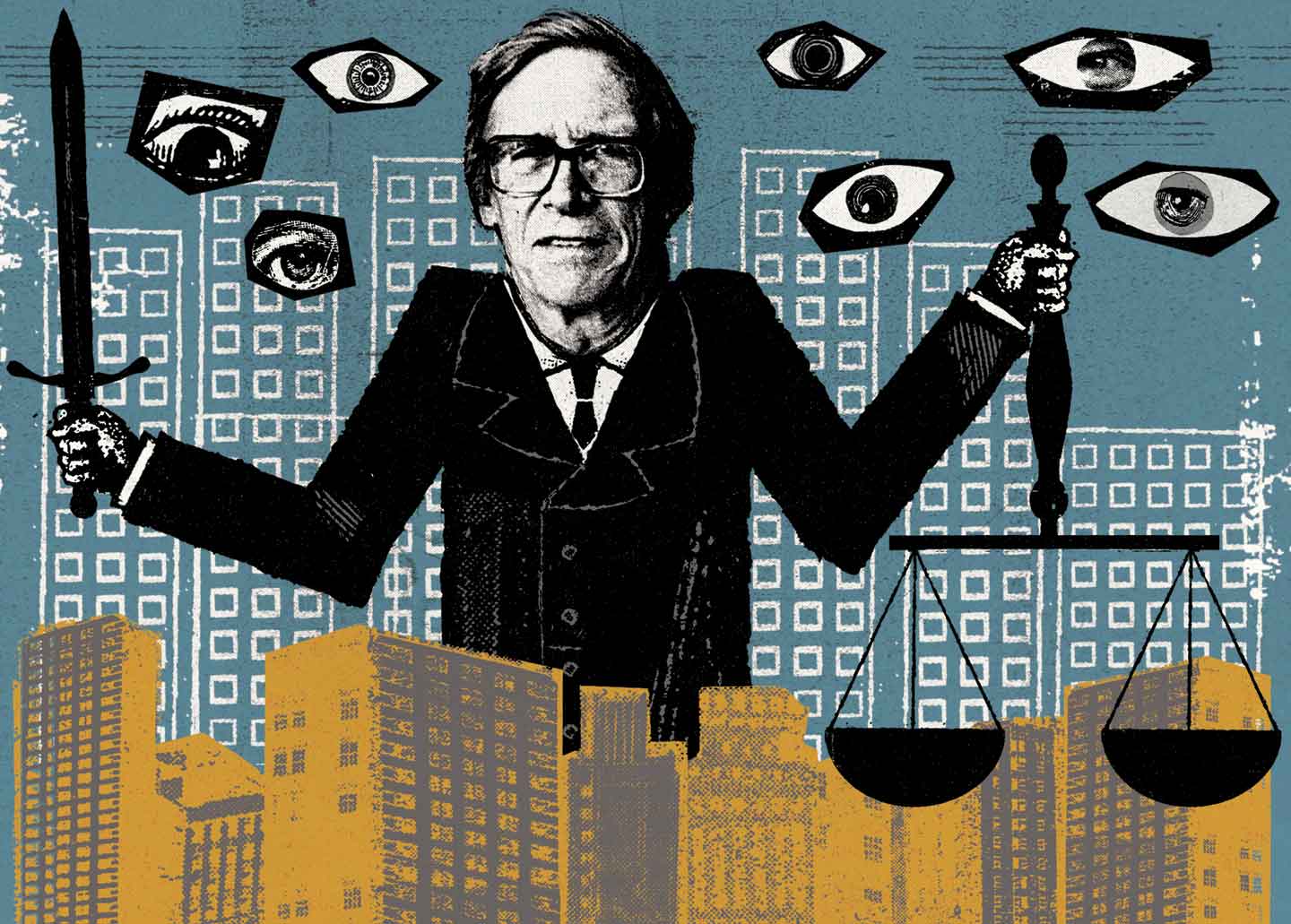
John Rawls is one of the most influential political philosophers of the 20th century. His theories on justice, fairness, and equality have shaped the way we think about social and economic systems. In this article, we will delve into the life and work of John Rawls and explore nine fascinating facts that highlight his brilliance and impact on the field of philosophy. From his groundbreaking book “A Theory of Justice” to his concept of the original position, we will journey through Rawls’ intellectual contributions and gain a deeper understanding of his theories. Whether you are familiar with Rawls’ work or are just discovering his ideas, prepare to be captivated by these intriguing insights into the mind of a philosophical titan.
Key Takeaways:
- John Rawls’ “A Theory of Justice” transformed political philosophy with groundbreaking ideas about fairness and equality, inspiring debates and social movements for a more just society.
- Rawls’ childhood experiences shaped his empathy-driven pursuit of equal rights and distributive justice, leaving a lasting impact on academia and popular culture.
The Theory of Justice revolutionized political philosophy.
John Rawls’ magnum opus, “A Theory of Justice,” published in 1971, reshaped the field of political philosophy. With his “veil of ignorance” concept and principles of justice as fairness, Rawls presented a groundbreaking framework for social and economic equality.
Rawls was influenced by his childhood experiences.
Growing up in a tumultuous era marked by the Great Depression and World War II, Rawls developed a deep sense of empathy for the less fortunate. These formative experiences heavily influenced his later theories of justice and the pursuit of a just society.
His work sparked intense debates in academic circles.
Rawls’ Theory of Justice sparked heated discussions and debates among scholars and philosophers worldwide. It challenged traditional theories and provided a new lens through which to analyze and critique social and political structures.
Rawls advocated for the principle of equal rights and liberties.
One of Rawls’ core principles was the guarantee of equal basic rights and liberties for all individuals, regardless of societal position. He argued that a just society should prioritize the protection of individual freedoms and ensure equal opportunities for all.
He proposed a concept of distributive justice.
Rawls introduced the concept of distributive justice, which focuses on the fair distribution of resources and opportunities within a society. His theory emphasized the importance of minimizing inequalities and providing assistance to those who are disadvantaged.
Rawls prioritized the needs of the least advantaged.
Building upon his principle of distributive justice, Rawls advocated for policies that prioritize the needs of the least advantaged members of society. He believed that societal structures should prioritize the welfare of the most vulnerable individuals.
Rawls’ work influenced political and social movements.
Rawls’ ideas have had a profound impact on various political and social movements advocating for equality and justice. His theories continue to shape discussions surrounding social and economic policies, as well as the pursuit of a more equitable society.
He was a highly respected academic and professor.
John Rawls was a revered figure in academia, renowned for his intellect and contributions to political philosophy. He held prestigious positions at Harvard University and was considered one of the foremost thinkers of his time.
His influence extends beyond academia.
Rawls’ ideas have transcended the boundaries of academia, permeating popular culture and influencing societal perspectives on justice and fairness. His theories have been referenced in literature, films, and public debates, solidifying his legacy as a transformative philosopher.
Conclusion
In conclusion, John Rawls was an influential figure in the field of philosophy and political theory. His ideas on justice, fairness, and equality have shaped the discourse on social justice and ethical principles. Rawls’ theory of justice as fairness, outlined in his book “A Theory of Justice,” continues to resonate and inspire scholars and policymakers alike.Rawls’ notion of the original position and the veil of ignorance challenged traditional concepts of justice and promoted a more inclusive and equitable society. His work provided a framework for assessing the fairness of social institutions and highlighted the need for a just distribution of resources.Through his thought-provoking ideas and rigorous intellectual pursuit, John Rawls made significant contributions to moral and political philosophy. His ideas continue to stimulate debates on societal inequalities and the pursuit of a just society.
FAQs
Q: Who was John Rawls?
A: John Rawls was an American philosopher and political theorist. He is best known for his work on justice and fairness, particularly the concept of justice as fairness.
Q: What is the original position and the veil of ignorance?
A: The original position and the veil of ignorance are concepts introduced by Rawls in his book “A Theory of Justice.” The original position refers to a hypothetical scenario where individuals make decisions about social and political arrangements without knowledge of their own attributes or circumstances. The veil of ignorance is a principle that suggests individuals should make decisions without knowing their social status, wealth, or personal traits, ensuring impartiality and fairness.
Q: How did Rawls contribute to political philosophy?
A: Rawls’ contribution to political philosophy was significant. His theory of justice as fairness provided a framework for assessing the fairness of social institutions and promoting the principles of equal liberty, fair equality of opportunity, and the difference principle. His work influenced political debates on distributive justice and the role of the state in creating a just society.
Q: What impact has Rawls had on contemporary discourse?
A: Rawls’ ideas continue to have a substantial impact on contemporary discourse. His concepts of justice as fairness, the original position, and the veil of ignorance have influenced discussions on social justice, inequality, and the role of governments in promoting fairness and equality. His work has also inspired scholars to develop and refine his theories in various disciplines, including economics, sociology, and law.
Q: Is Rawls’ theory universally accepted?
A: Rawls’ theory of justice as fairness has generated both praise and critique. While his work has been highly influential, it is not universally accepted. Critics argue that Rawls’ theory is idealistic and fails to address certain practical challenges or adequately account for individual liberty. However, his ideas continue to shape debates and drive insights on how to design just societies.
Was this page helpful?
Our commitment to delivering trustworthy and engaging content is at the heart of what we do. Each fact on our site is contributed by real users like you, bringing a wealth of diverse insights and information. To ensure the highest standards of accuracy and reliability, our dedicated editors meticulously review each submission. This process guarantees that the facts we share are not only fascinating but also credible. Trust in our commitment to quality and authenticity as you explore and learn with us.


